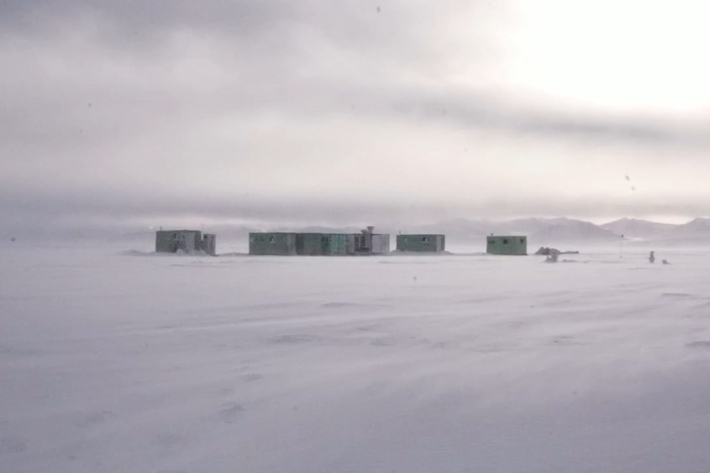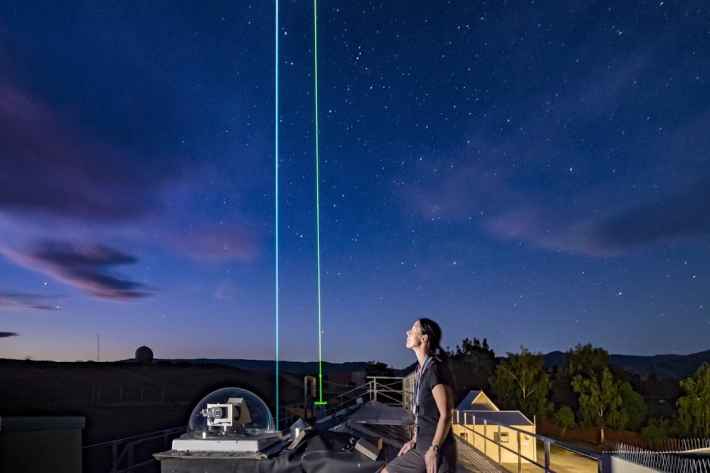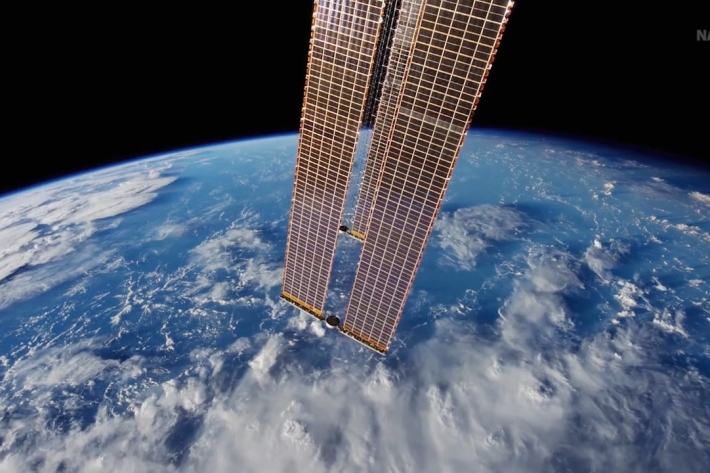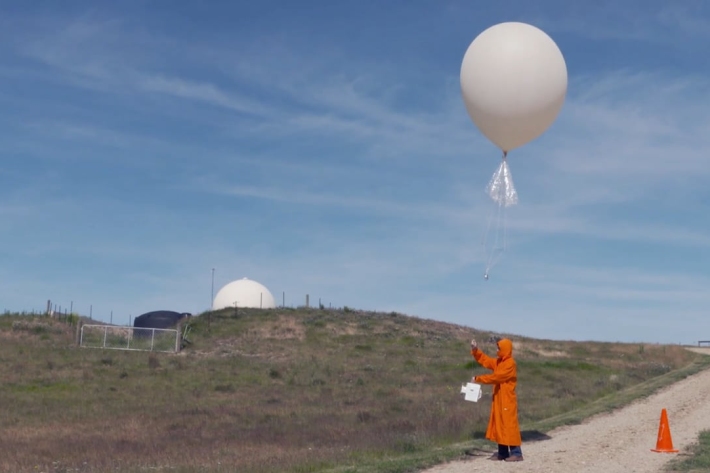-
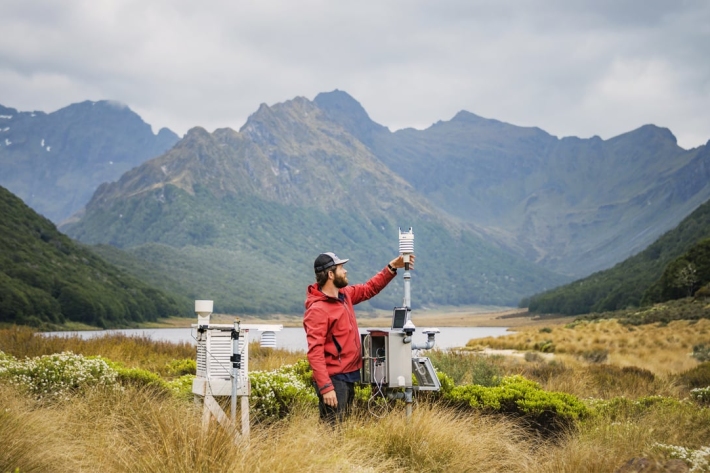
Rain, Sandflies and Takahē
Takahē Valley in the Murchison Mountains is home to a successful Takahē recovery project run by the Department of Conservation. -

Critter of the Week: Tokoprymno and Thouarella
Despite our growing understanding of the role of Antarctica in driving global climate regimes and regional patterns of marine diversity, the distribution and connectivity among deep-sea species across the Southern Ocean remain poorly known. -
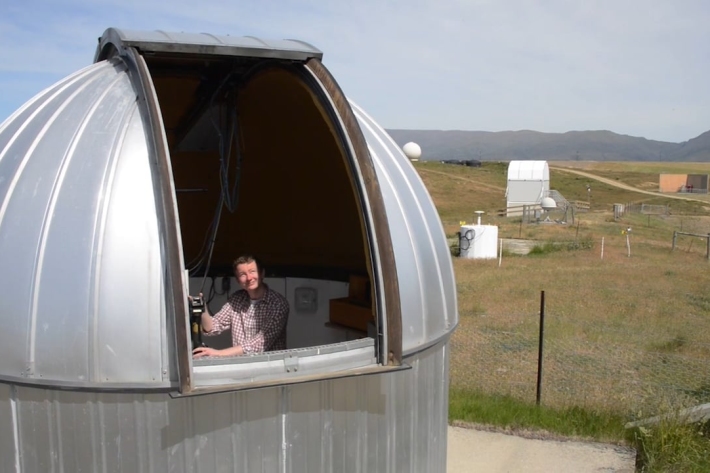
GRUAN certification for NIWA
NIWA’s Lauder Atmospheric Research Station, near Alexandra in Central Otago, is part of a select group of research stations with GRUAN-certified measurement programmes. -
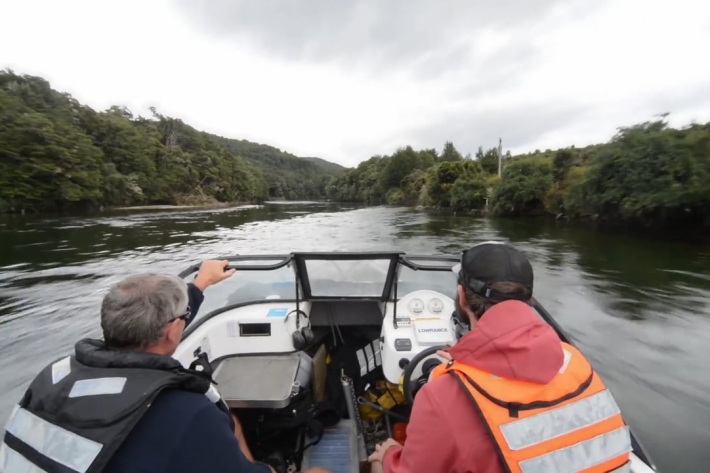
New Zealand's best job?
NIWA environmental monitoring technicians Evan Baddock and Eric Stevens venture deep into Fiordland, NZ to monitor river and lake levels in the area. -

Summer Series Week 6 - Scientific illustration - It’s all in the detail
Drawing fish is a lot harder than you might think, explains NIWA’s scientific illustrator. -

Tropical cyclone update #2
News article15 February 2016Niwa meteorologists continue to cast a watchful eye over two strengthening tropical cyclones in the South Pacific. -

NIWA's Hotspot Watch
Hotspot12 February 2016A weekly update describing soil moisture across the country to help assess whether severely to extremely dry conditions are occurring or imminent. -

Tropical cyclone update #1
News article11 February 2016NIWA meteorologists are monitoring the potential for ex-tropical cyclones to affect New Zealand early next week.

